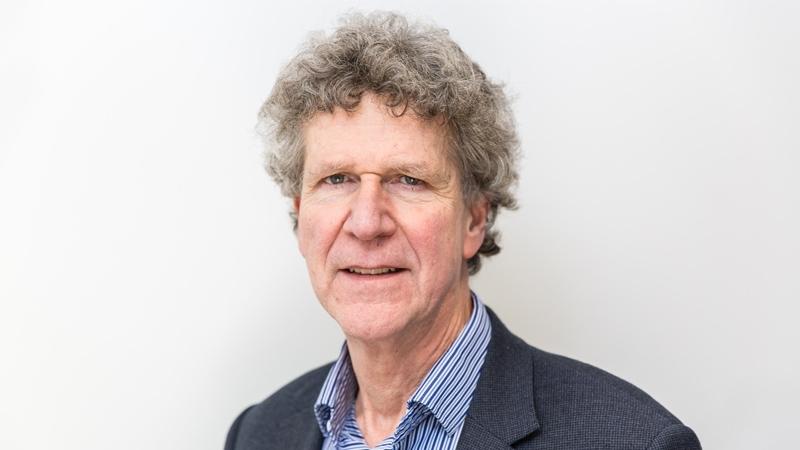Professor of Media and Communications Steven Barnett talked about politically opinionated broadcast news in the UK and the role of Ofcom with former Guardian editor Alan Rusbridger and former FT editor Lionel Barber on their 9 November 2023 episode of Media Confidential, a podcast from Prospect Magazine.

Rusbridger and Barber discussed former Prime Minister Boris Johnson’s imminent move to GB News and whether the channel will provide balance to its current roster of Conservative politicians and right-wing commentators. Critics of GB News argue that it consistently breaches its obligation to be impartial under UK law and the Ofcom code. The podcast hosts asked Prof Barnett if Ofcom, the UK's communications regulator, should insist that GB News provide other voices and views.
Professor Barnett explained the law governing media impartiality, contained in the 2003 Communications Act sections 319 and 320 which state that programmes on TV and radio stations licensed by Ofcom should be broadcast with due impartiality. He noted that section five of the Ofcom code, which elaborates on the law, says that programmes must have an appropriately wide range of significant views in programmes dealing with matters of political and industrial controversy.
Barnett said: “Every broadcaster that is licensed by Ofcom - and GB News is licensed by Ofcom - must follow these rules. Now, it is true to say that the word ‘due’ allows some flexibility to Ofcom. In my view, this is a flexibility that has been interpreted beyond the bounds of what Parliament intended...The point about impartiality and Ofcom's own rules is that you have to have an appropriately wide range of views on any programme.
“And it's quite obvious, you only have to watch half an hour of GB News, to see that even if they do try and offer a different perspective or a different argument, it's dismissed, it's treated with contempt. So the idea that it's okay because the audience knows where it's coming from, that is absolutely not what the law of this country is…. Ofcom's own code makes it quite clear that quite a lot of GB News' output is breaking its own code.”
Professor Barnett also spoke about the tension between emphasising freedom of expression and opinion, suggesting that the idea that these freedoms are antithetical to impartiality is not true; the two are compatible. The proliferation of online media makes these laws more important than ever. He warned of the danger to the UK, citing as an example the abolition of the USA’s Fairness Doctrine - equivalent to the UK framework of impartiality which was dismantled under the Regan administration in the 1980s - and the subsequent rise of Fox News and polarisation of American media. Barnett argued that Fox News enabled the rise of Donald Trump, the subsequent conspiracy theories about the 2020 election, and the insurrection on 6 January 2021.
Professor Barnett discussed the politicisation of Ofcom and concluded: “I do think that you can draw a line from not implementing our legacy laws properly to the threat of extreme… views being given more prominence on important platforms that are trusted”. Asked about comments by Dame Melanie Dawes, Ofcom’s Chief Executive, in her evidence to a parliamentary committee, that she did not want to see a ‘mono representation of views’ in UK broadcasting, Barnett replied that he found her comments extraordinary. He said: “The point about impartiality is not that you only have one perspective, it's that you actually have multiple perspectives vying for each other, allowing people to make up their own minds.”
Listen to or read the transcript of the episode Should Ofcom get GB News under control? on Prospect Magazine’s website.


